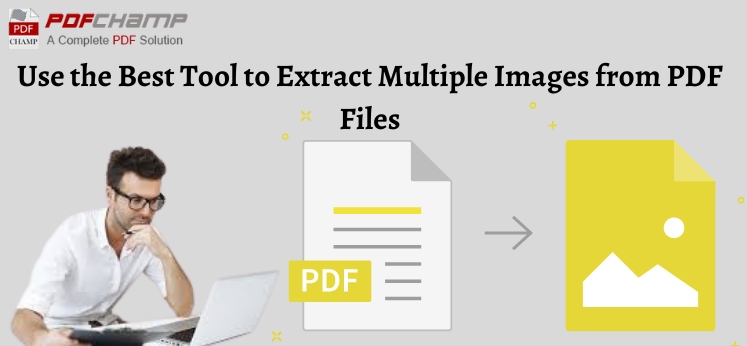School ERP (Enterprise Resource Planning) software is a web-based application designed to help manage various administrative tasks in educational institutions. It provides an integrated platform for managing student information, staff information, financial data, and various other activities related to a school or college.
The main objective of School ERP software is to automate and streamline the different processes and functions of a school, making it easier for staff to manage and access information.
Here’s how it works:
Student Information Management: School ERP software enables schools to store and manage student information such as personal details, academic records, and other relevant data in a centralized database.
Attendance Management: The software can help schools to track student attendance, which can then be used for reporting purposes, such as generating attendance reports.
Fee Management: The software can be used to manage fee collection, keeping track of fee payments, and generating invoices and receipts.
Timetable Management: The software can help in creating and managing the timetable for classes, ensuring that there are no scheduling conflicts and that the timetable is optimized for efficient use of resources.
Examination Management: School ERP software can help schools manage their exams and assessments by enabling the creation of question papers, tracking student performance, and generating reports.
Communication Management: The software can be used to communicate with parents, students, and staff, such as through automated email notifications, SMS alerts, and other communication methods.
In summary, School ERP software provides a comprehensive solution for managing the various aspects of a school, making it easier for staff to access and manage information, and ensuring that the school operates more efficiently and effectively.
The Benefits of Using School ERP Software for Streamlining Administrative Duties
School ERP software is an effective solution for streamlining administrative duties in schools. Here are some of the benefits of using school ERP software:
Automated Processes: ERP software automates many of the repetitive and time-consuming tasks that are involved in running a school, such as fee collection, student registration, and attendance tracking. This helps to save time and reduce the workload of administrative staff.
Improved Communication: With a school ERP system in place, communication between teachers, administrators, and parents becomes more streamlined. For example, parents can receive updates on their child’s progress, while teachers can easily communicate with administrators.
Enhanced Data Management: School ERP software helps to manage and store student, staff, and financial data securely and in a centralized location. This makes it easier to access and analyze data, which can help with decision making and planning.
Increased Productivity: School ERP software helps to streamline processes and automate tasks, which can increase productivity and reduce the likelihood of errors.
Real-time Reporting: ERP software provides real-time reporting and analytics, which enables administrators to make informed decisions based on accurate and up-to-date information.
Improved Decision Making: With access to real-time data and analytics, school administrators can make informed decisions about the future direction of the school, such as resource allocation and planning.
Increased Efficiency: School ERP software helps to streamline processes and automate tasks, which can help to increase efficiency and reduce the workload of administrative staff.
5 Ways That School ERP Software Can Help Improve Student Performance
School ERP software can play a crucial role in improving student performance. Here are five ways that school ERP software can help:
Personalized Learning: School ERP software can provide teachers with access to individual student profiles, which can help to personalize the learning experience for each student. Teachers can use this information to tailor their teaching methods and assessments to meet the needs of each student.
Improved Communication: School ERP software can help to improve communication between teachers, students, and parents. Teachers can use the software to provide students and parents with regular updates on progress and grades, while students can use the software to access their coursework and assignments.
Effective Resource Management: School ERP software can help schools to effectively manage resources such as textbooks, technology, and classrooms. This can help to ensure that students have access to the resources they need to succeed.
Better Data Management: With school ERP software, teachers can easily store and manage student data, including grades, attendance, and disciplinary records. This data can be used to monitor student performance, identify areas for improvement, and provide support to students who are struggling.
Enhanced Collaboration: School ERP software can help to enhance collaboration between teachers, students, and parents. For example, teachers can use the software to facilitate group projects and discussions, while students can use the software to work on projects and assignments together.
Schoolpad is a school management software that provides a suite of tools to manage various aspects of a school’s operations, such as student and teacher information, academic records, attendance tracking, fee management, and more. It is designed to streamline the administrative processes of a school, making it easier for teachers, staff, and administrators to manage their day-to-day tasks and to provide a better educational experience for students.
There are many different school management software solutions available on the market, so it is difficult to determine the best one without knowing the specific needs and requirements of a school. Some factors to consider when evaluating school management software include ease of use, features and functionality, cost, and customer support.
Also Read:6 Cleaning Technology Trends Worth Investing In


![8 Secret Tips To Promote YouTube Videos [Smart Ways]](https://zoombazi.com/wp-content/uploads/2023/02/8-Secret-Tips-To-Promote-YouTube-Videos-Smart-Ways.jpg)


